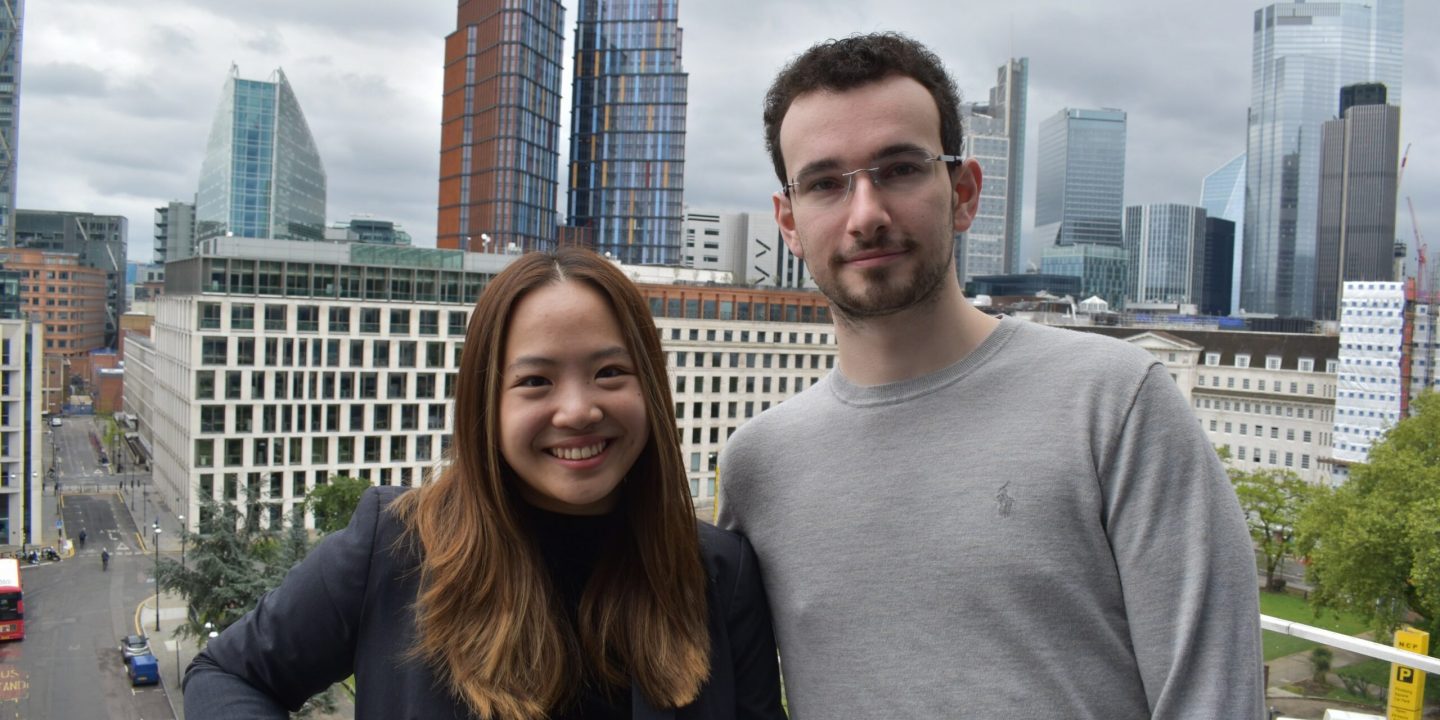
Some years back, prospective university graduates in Nigeria would have entangled themselves exchanging ideas on the kind of company they wish to work with of which some would have preferred the banking sector, oil industry, and posts in hospitals for medical students, just a few would have considered a tech career.
Well, Mark Kleyner and Cindy Ai want to demystify the space with Dream VC. Ai, the daughter of first-generation Chinese immigrants, experienced that the startup space has come through roles in marketing, consulting, growth, community building, and has built a business herself. Kleyner, on the other hand, has worked with startups and VCs across Africa, Europe, the United States, and South East Asia.
Kleyner teamed up with Ai to start MZZ Africa in 2020, providing pro-bono support services to African startups. Working with 18 startups, they helped in figuring out their business models, creating product and marketing strategies, and fundraise. in 2021, 12 of these startups raised money from VCs, said Kleyner.
The African startup space picked up activity, and Andela was founded in 2014 to provide a pipeline of technical talent for startups. Other startups also sprung up to fill the need, including Decagon and Gebeya.
Venture capital provides the fuel for startups to run; nevertheless, these VCs need talent. Interestingly, VC funding only became common in the past decade, and so there is a gaping talent hole, which Dream VC was launched to fill.
Launch into VC is a fully remote 13-week program targeted at early-stage professionals looking to break into the VC space.
Dream VC launched its flagship program with 30 fellows from a pool of 1,000 applicants. The fellows went through a screened program covering various subjects, including deal sourcing, due diligence, portfolio management, and adding value to portfolio companies. There were also meetups and sessions with active VCs.
At the end of the program, some of the fellows got jobs with VCs, which includes; Ajim Capital, LoftyInc Capital, Oui Capital, Lateral Capital, with some launching their syndicates. Having tested their hypothesis, Dream VC would be launching two programs: the Launch into VC Program and the Investor Accelerator Program.
According to Ai, “the concept of Launch into VC is similar to a lot of fellowship programs that already exist in the US and Europe, and the reason these programs came about was that these VCs realized that they needed to train people in the skills they needed for entry-level roles.
“The reason many consider it inaccessible is that it is very network-driven, and it’s one where they don’t have any sort of training for when you join.”
For Dream VC, the idea is to build a pipeline for local VCs who need to hire local talent. On the other hand, they provide a comprehensive resource list and network for people looking to break into VC. While it may seem that there is only a handful of VCs on the continent, Kleyner argues that many foreign VCs cannot launch African offices due to their inability to hire local talent.
Admission into the program costs $1,000, which covers the cost of access to databases that VCs use in their jobs. However, the co-founders admit that the fee is still out of reach for most Africans and plan to subsidize it.
Investor Accelerator targets experienced professionals and entrepreneurs with at least five years of professional experience. For 20 weeks, the fellows will be taken through courses covering deal sourcing, angel investing, and fundraising, among others. Admission into the program also requires a $5,000 fee. Scholarships are available for exceptional applicants who cannot foot the bills.
While both programs are intensive, fellows can combine the fellowship with their full-time roles. Ai adds that the Investor Accelerator Program is not a fund accelerator and does not connect fellows to limited partners (LPs) or help them build out a fund structure.
Applications are open to both programs, which will launch in June 2022 and will be reviewed on a rolling basis.
